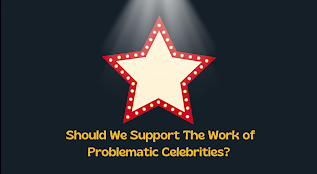In life, an unavoidable event is tragedy. How you respond when facing a tragedy, whether it be a death in the family, clinical depression, or perhaps even the divorce of parents, is a true judge of character. Death is an inescapable thing that poses a threat to our everyday lives.
Naturally, people have different ways to grieve. While there is no “right” way to grieve, there are many factors to be taken into account. When someone posts on social media regarding a recent catastrophe, it isn’t, in my own opinion, necessary. In the current era that we live in, social media platforms offer a quick and instant blast of information to people around the world. Social media has created an environment where private information becomes quickly public with the click of a button. At times, it seems people have a desperate need for attention. When people have over a thousand followers on Facebook, Instagram or any other social media platform, it seems unnecessary to tell everyone about a tragic event. While you might have over a thousand followers on any given platform, most people have only several close friends that need to be made aware of your personal hardships. Think about it: Why do the other 990 people that you follow on social media need to know about this issue? Many people might say that they do this for support. While this can be true in a sense, the people who are truly supporting you already know and are at the ready to support you.
Over the course of time, grieving has always been private for the everyday citizen. But ever since the invention of the smartphone, and consequently social media, people have felt the urge to publicize these very personal events, and have followed through with their intent. Perhaps it is because they see athletes and celebrities–who live very public lives in the media spotlight–posting and we are desperately trying to mimic their behavior. The key difference, however, is that these icons have to address these matters. It’s part of the fame. They are constantly in the limelight and being watched by others, so they take to social media to have their story presented from themselves first. Many impressionable citizens have taken initiative and are doing the same. But there is a difference. Many of these celebrity’s stories will be posted whether they want it to or not. In the case of the citizens, a post is merely for attention and extended sympathy.
People need to realize that before they click the post button, they must consider: who do you want to know this personal news? Whether you are posting about a recent death in your family or a recent trial you have been through, you need to consider the pertinence of this information for all of your followers. For better or worse, social media has created an environment that allows you to publicly display the events in your life. But, as soon as you click post, you have limited control on who gets to know all of your personal secrets. While you might feel desperate and alone in the moment after these tragedies, you don’t need to make these events public in a desperate attempt for attention. The people whose support is going to be shown the most will know regardless. In the unfortunate and inevitable timeline of life, the next time a tragedy occurs, think twice before posting on social media. The general public doesn’t need to know about all of the details of your personal matters.







